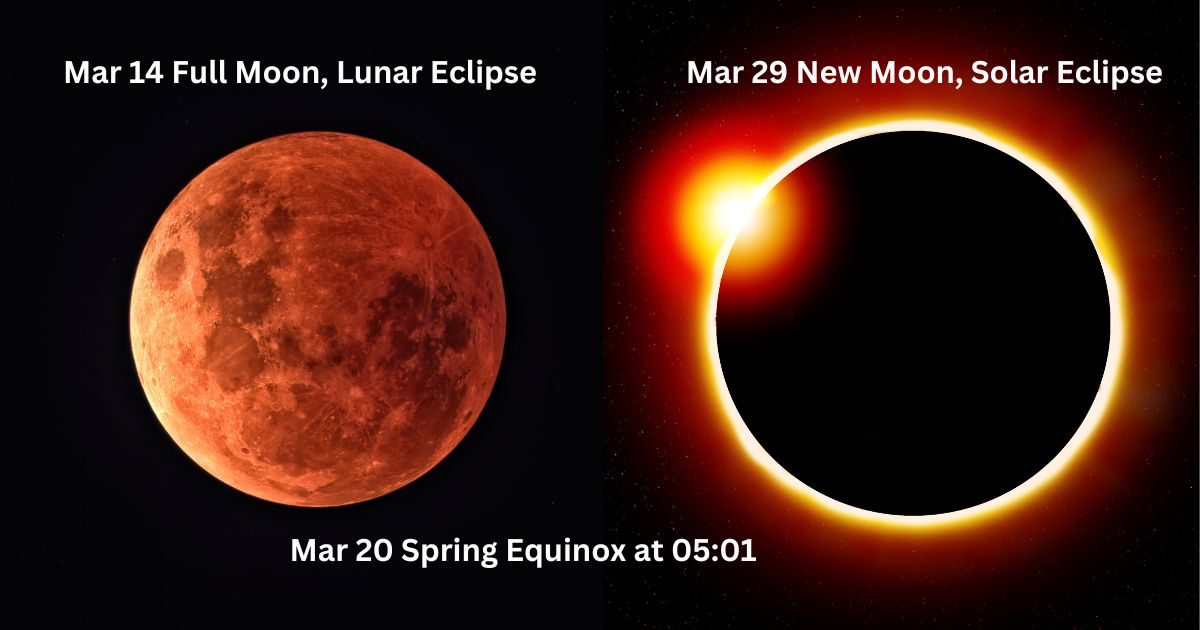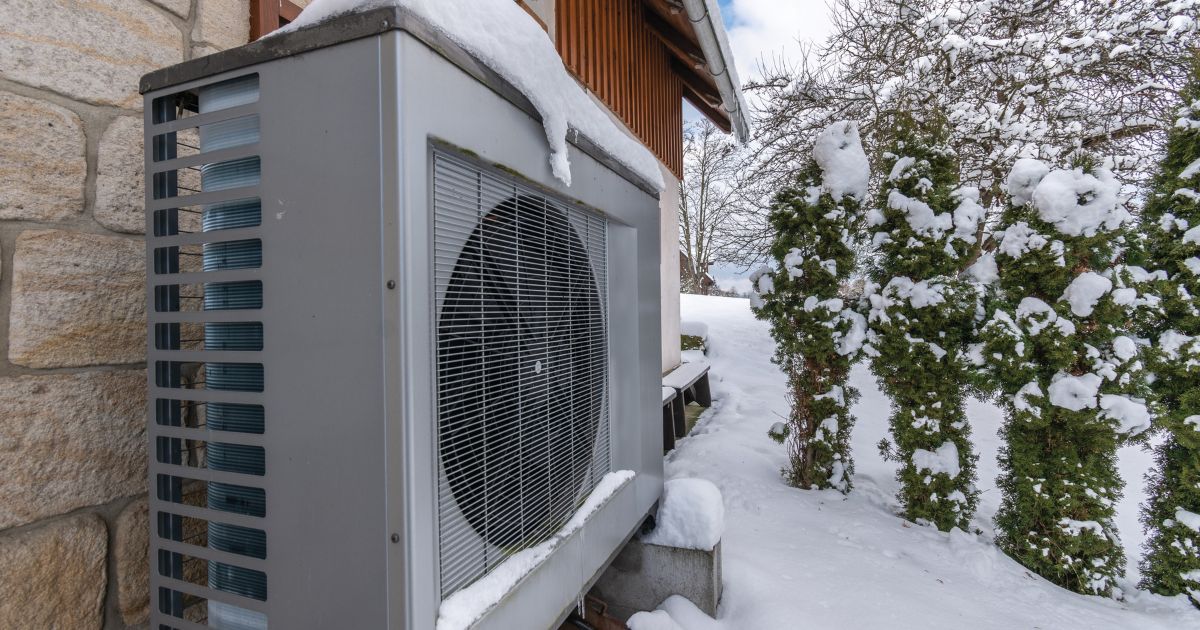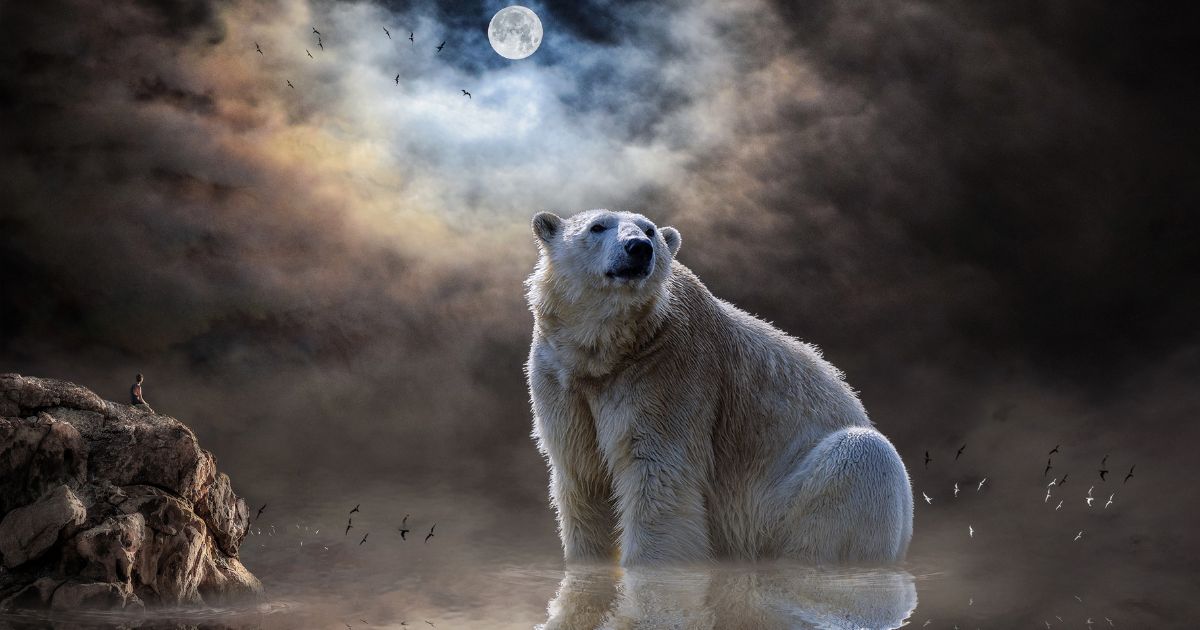“Alone, we can do so little; together, we can do so much.” – Helen Keller

Most farmers are, by a solitary lot. Perhaps it is not just nature but necessity that primes that character of the farmer to become fiercely independent. Farming life can be a lonely life as we grapple with the vagaries of weather, land, plants and animals. Through necessity, farmers have been pushed to work on their own, especially in recent years, as farms have become more spread out, fewer in number, and a smaller population fragment of society. For many farmers, the closest farming neighbour can be many miles away. That said, probably no one knows better than the farmer that “no man is an island” and “many hands make light work.” In both giving and receiving roles, the farmer is a stalwart and active member of the community, in the broadest sense of the word.

“Farming is a vigorous team sport,” states Kristin Kimball in her book Good Husbandry. Here on Drover’s Way Farm, our friends, family, and neighbours could certainly attest to this fact, sometimes rather reluctantly, sometimes more enthusiastically. Our neighbours have been the most active participants in our farming operation, whether they have wanted to or not. Fortunately, most of our neighbours (sometimes with effusive apologies from us and with a little bit of unsolicited education) have been a wonderfully supportive community of folks. I’m sure most of them have stories now that they will pass on to future generations about living beside Drover’s Way Farm!

There was the time I got a call from our long-suffering next-door neighbours (and godparents to our daughters) that we might want to come for a swim in their pool, since our entire flock of sheep was sunbathing right next to the cool sides of the pool. “Sure!” said I, rather embarrassed. However, it certainly is easier to shepherd from a floating bed! We had fun that day, including the border collie, who got to jump into the pool after rounding up the sheep.

Then there was the time that we got a call from another neighbour to ask us to call off our livestock guardian dogs, who were protecting their (not our!) chickens. The good folks down the road couldn’t get to their chicken barn to pick up their own hard-earned eggs. They were somewhat perturbed, but the community is remarkably supportive of our large dogs, recognizing that they are vital to maintaining a sheep flock in eastern Ontario. As it happens, there were coyote pups who were leaving their den, very close to this chicken barn, so our “generous” guardian dogs wanted to make sure that all neighbouring livestock and families, as well as ours, were quite safe. Helpful? Not helpful. Dogs can be overachievers…

Then there was the call, most recently, from another neighbour, asking if we were missing a Jersey calf. The lovely lady had hidden behind a tree so as not to spook the calf but then lost sight of her. As far as I know, we are the only farm with a Jersey calf, so we went into alert and action mode as a family. We had just acquired this young heifer. She was barely 2 months old and had no idea where “home” was yet. We called all the farmers who had cattle in the area, thinking that the young calf might try to join up with like-minded bovines. We called close non-farming neighbours to alert them to the situation. Within minutes, farmers were out on ATVs, checking their herds. Other neighbours were on the road, looking for signs of the youngster. My family was pushing through underbrush, on foot, in the hedgerows, scouring the area for her. By the time she was spotted, there was a convoy of cars “herding” her down the road, with our closest neighbour and my son trying to catch her. It was over 34°C and it was not an easy job for man, nor beast! My son executed the best wrangling job I have ever seen, having just practised his skills at a cattle and game ranch in South Africa. Serious drama was averted and everyone’s heart rate came back down…after some cool, stiff drinks for all concerned!

On a more somber note, there is nothing like good farming neighbours to come to the rescue when there is a serious crisis brewing. Not too long ago, a train going through our area was setting off sparks onto tinder-dry ground due to some malfunction in the equipment. The train tracks run along the back of our farm. Within an hour, the air was filled with smoke and everyone was seriously worried about the implications for livestock on pasture. Farming neighbours drove into our farm gate, offering to help. Other people phoned to explain what was happening. Police and fire sirens flew by on the road.

I called home, upon hearing the news, to find my daughters stressed and confused, not sure what to do. We instructed them to open all of the pasture gates so that the animals could have free range of the entire farm, to get away from the fire, wherever it was. We told them to take the border collie and to let her go do what her instinct would tell her to do. My daughters don’t know how to run the herding dog—the commands and cues to use—so it was the only thing we could think of. With other neighbours at the fenceline, the dog, the kids, they all succeeded in moving the large flock and the herd of horses to a less smoky, safer area. As community volunteer firefighters battled the flames on grass and forest, the fires were put out and serious loss was averted. This is true rural community in action—neighbours, volunteer services, family, friends and our working animal companions. No farm is an island!
I have a plaque on our kitchen wall that is inscribed with a folklore saying: “Our family is a circle of strength and love; with every birth and union it grows, every crisis faced together makes the circle stronger.” Sometimes, as I glance at this plaque, I think of how farm children have a heavy load of responsibility to bear. From an early age, they are expected to handle the challenges of the farming life, take on serious responsibility for the lives of animals, and contribute to their family’s livelihoods, in a way that most children never have to. There are benefits, of course, but also risks that need to be balanced for their well-being and development. The important thing is that the responsibility is meted out in appropriate doses so that it strengthens the circle and doesn’t weaken it. Family is a significant part of the farm community, and a farm is only as strong as its family.

The value of family and local community in farming became only too clear this past year, when the COVID-19 pandemic locked us all down by mid-March. Suddenly, supply chains and services became increasingly tight and geographically restricted. I was very grateful for the local family and agricultural services that continued to supply our farm. These rural family businesses supplied in a timely manner, with compassion and safety, the way only a family who knows your family can provide.

I was also very grateful to my own family and children who returned from various parts of the world, from work and education. They jumped into the fray of spring lambing and planting, which doesn’t stop on a farm just because a pandemic is in the air. Despite their own personal loss of income, activities, school and friends, my adult and high school children and nephews hardly blinked as they dove in to help with all the tasks that inevitably come up in spring farming. I love the fact that they are committed to their home, farm and community, despite all their experiences elsewhere. As a farm family, we have tried so hard to give our children “roots and wings.” Isn’t this the strength that good community gives to us all?
In recent years, more than ever, I have online communities that provide me with an essential connection and support, invaluable to my working life as a farmer. I regularly network with other shepherds from Ontario, from Canada, from other parts of the world. We connect to seek ideas, to get help with a challenge and to share news. Often, I’ll excitedly email or post an idea to another shepherd when I have a successful project to relate or when I simply want to share a beautiful picture. I don’t care if the message goes to a shepherd friend in Wales or to a friend in Muskoka or to one just down the road. We are all connected with our desire to farm, shepherd our flocks, take care of our families and enjoy the beautiful pastoral landscape.


In the last few years, as a female farmer, I have been excited to see new recognition and value for the farmers who happen to be women. Often called FarmHers, this recognition is long overdue. Women have farmed for centuries and there are many of us. Traditionally, though, at least until very recently, farms have been considered the domain of men and their sons. Now women farmers have formed their own communities, to support one another. We share ideas, concerns and issues, on the land, in our barns and in our homes. These are supportive groups that didn’t even exist when I began farming more than 25 years ago, and I am very grateful for the kinship and camaraderie from these fellow farmers of mine.

Finally, I would like to pay tribute to the community of non-human beings that are so very vital to my farm. Community is supposed to be about fellowship with others—a sharing of common attitudes, interests and goals. The farm would not be a farm without the community of animals, plants and ecosystems that make it all happen. We work with animals, day in, day out, observing, communicating and sharing our paths and goals with them.

To the herding dogs who are constantly looking to me for more work, guidance and friendship, and to the livestock guardian dogs who nurture and protect our sheep, keeping them safe from predators, I offer this tribute: I have huge respect for them as my working partners, and I love the help and companionship that they offer. To the horses, which provide recreation, emotional support, exercise and companionship, I owe them so much for the joy I have in my life. To our large flock of sheep, the chickens, the cattle and the pigs we have kept over the years, we owe them so much, for food, income, the rejuvenation of our land and soil. This community of beings gives me a sense of purpose and calling, in this ecosystem we call farm. To the wildlife that share this farm community with us, I am forever grateful for the sense of place, for the respectful natural balance I work to sustain, for the ongoing pleasure of beauty, sound and movement.

As humans, we are very aware that our place on this farm is fleeting, only a small part in the order of things. A farm is made up of many communities that all have to work together to create productivity and health for the benefit of the humans, the livestock, the soil and the environment. As Albert Schweitzer said, “Until one extends one’s circle of compassion to include all living things, man will not himself find peace and health.” No farmer, or farm, can be an island.













